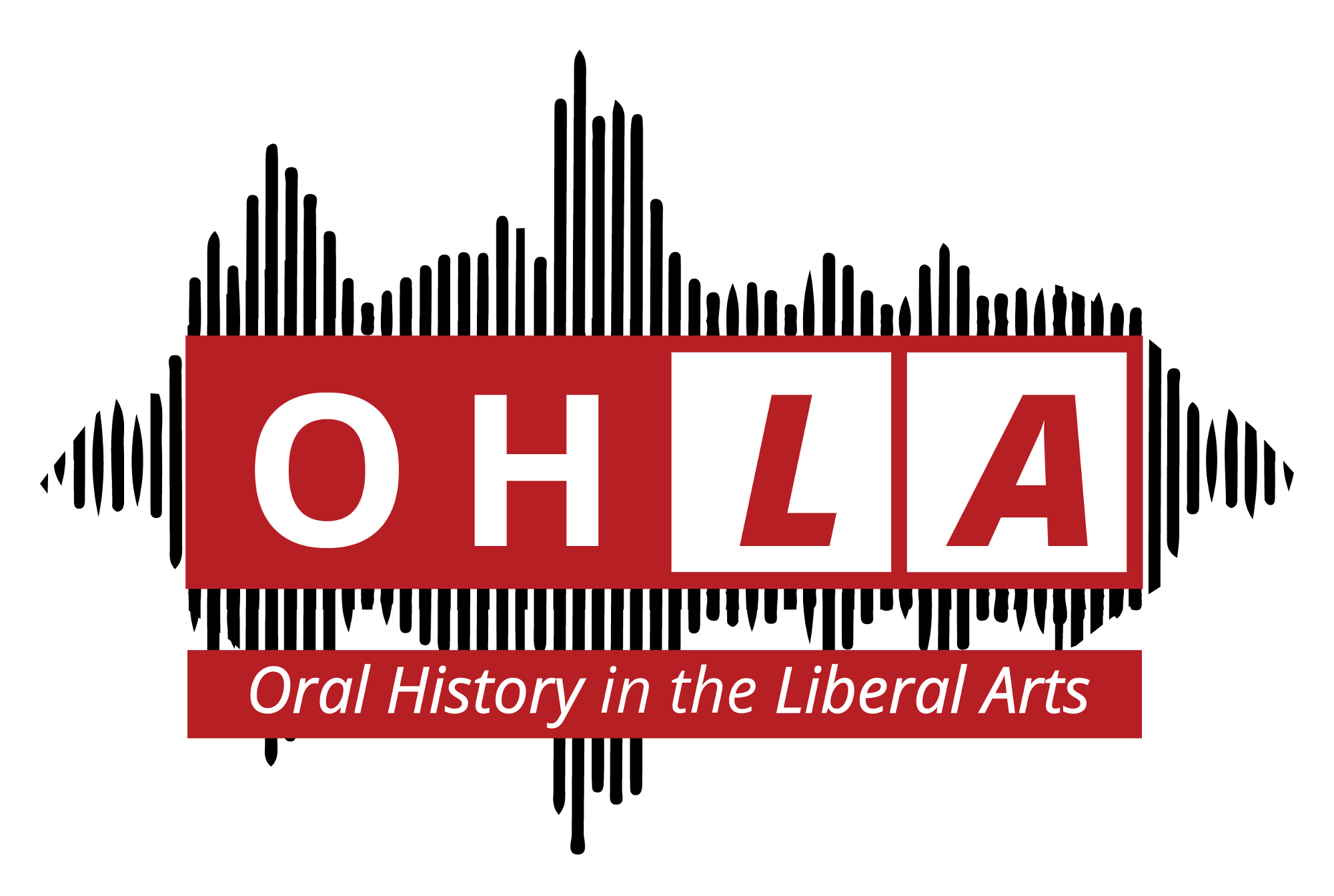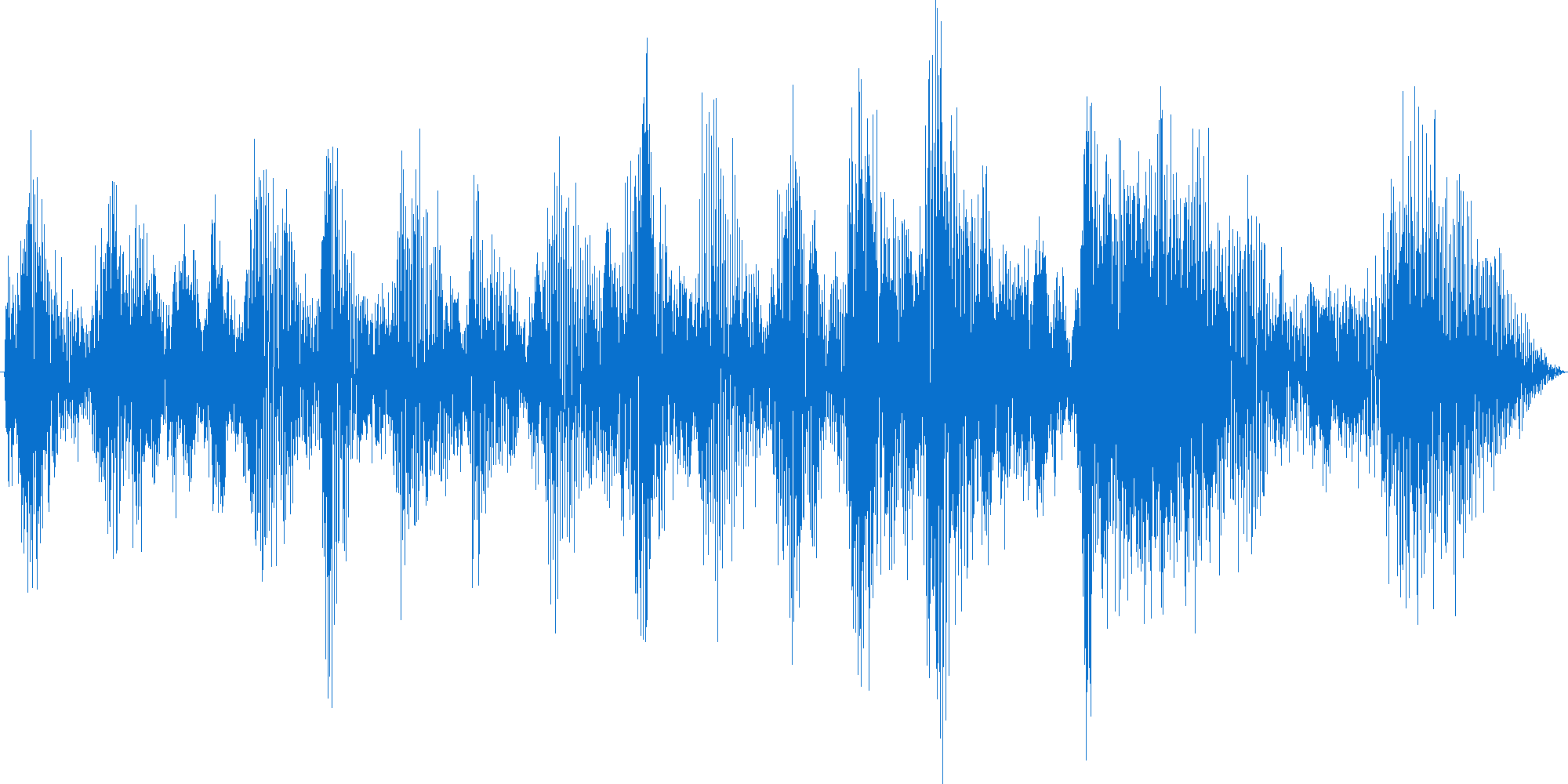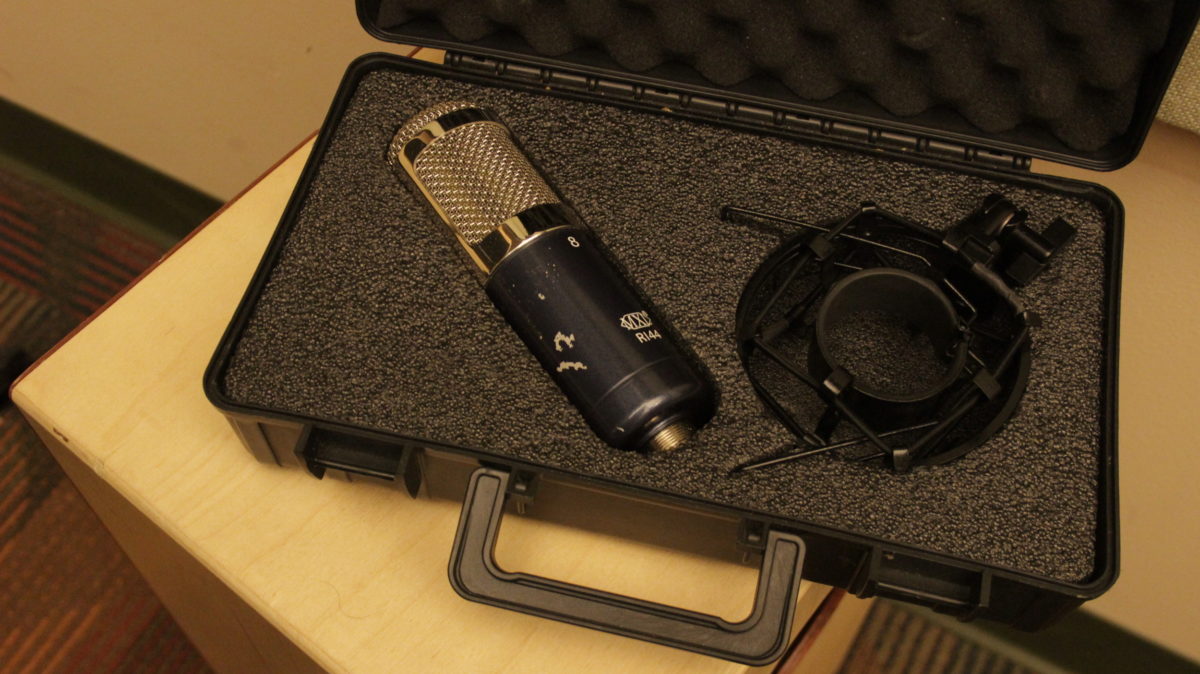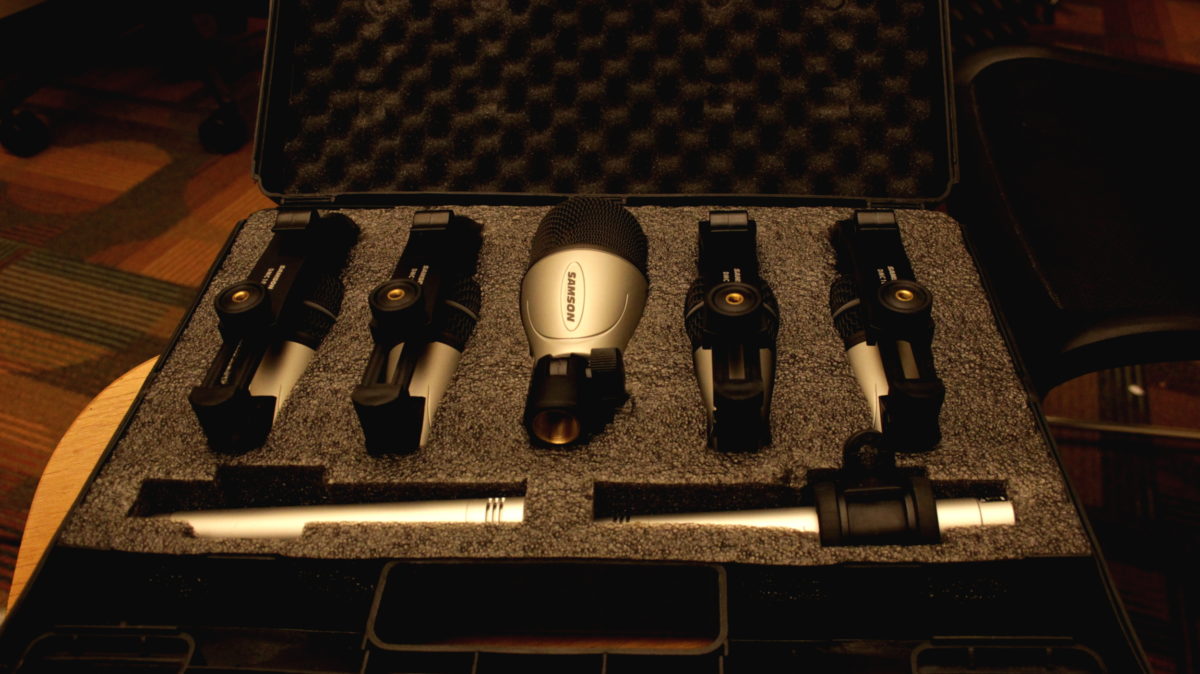New CFP & Micro-funding!
After a long interlude, we’re pleased to announce another year of project support and funding for GLCA and GLAA faculty! This offering is for faculty interested in doing community-based learning within a course on the books during the 2023-24 AY, where students will interview persons not in the class and then build a digital exhibit from those narratives.
Support provided by GLCA includes a $1200 stipend for faculty innovation, a $300 gear allowance (i.e recorder, mics), and additional financial support to attend a residential kick-off training institute in July 2023 at Antioch College in Yellow Springs, Ohio— including travel, institute registration, dorm housing and most meals. This OHLA Institute will be held in conjunction with the 2023 Global Course Connection Workshop, and faculty at GLCA and GLAA institutions may apply to one or both. All participating faculty will be invited into activity that helps to internationalize their experience.
Eligibility & Interest:
Any faculty member interested in expanding their philosophical commitments to experiential pedagogy and/or interested building a toolkit of methods for participatory learning in community settings during the 23-24 AY is welcome and encouraged to apply. You should have a course on the books in the 20223-24 academic year and institutional support to engage persons not enrolled in the course through an interview project. The interview project will explore your course themes. You do not need to be familiar with oral history, nor do you need to be a historian in order to employ this method as a pedagogy in community-based learning. Oral history is here understood as an interview methodology guided by the encompassing logic of ‘informed consent’ that empowers our students to engage with communities in reciprocal, ethical dialogues that explore a clearly defined topic of interest. These encounters result in recorded interviews (primary source narratives) that are then thematized and curated with students into digital projects, and shared back to the narrators. Faculty will encounter multiple methods, pedagogical frameworks, and digital tools to support this work during the project period and forward.
Details:
The CFP is detailed in the Great Lakes Colleges Association’s page found here.
How to Apply:
Please consider sending Simon or Brooke an early email to indicate interest and ask any questions you may have about the project or how to apply. First draft proposals should be submitted by March 21. To submit a proposal, please complete the Oral History Project Proposal Form linked there and return it to Simon Gray (gray@glca.org).
Previous OHLA-supported projects and related types of projects with advanced standing in oral history/interviewing, community-based learning, and digital scholarship are also welcome to apply. Faculty can use residential time for group workshopping and next-level planning and assessment, and may be invited to sit on panels to discuss their previous experiences in community-based learning using interview.
Projects we believe to be fundable will be invited to a virtual conference in April to discuss details and refine the approach.
Background:
Oral History in the Liberal Arts began as a faculty collective, catalyzed at the 2004 Digital Liberal Arts Institute hosted by GLCA in Ann Arbor, which was then developed over the next year through meetings on multiple GLCA campuses, and followed by an immersion at the first ILiADS at Hamilton College. The original three year Mellon-funded support allocated to OHLA by GLCA’s Expanding Collaboration initiative was expanded to five years, then retooled and offered across the GLAA over further years until Covid-19 disrupted international planning in 2020. This CFP marks a return to community engagement and is an opportunity to receive both training institute funding and a small microgrant.
OHLA has supported more 60 projects across the GLCA and GLAA, and most recently through an AMICAL partnership supporting faculty work in the digital humanities.








